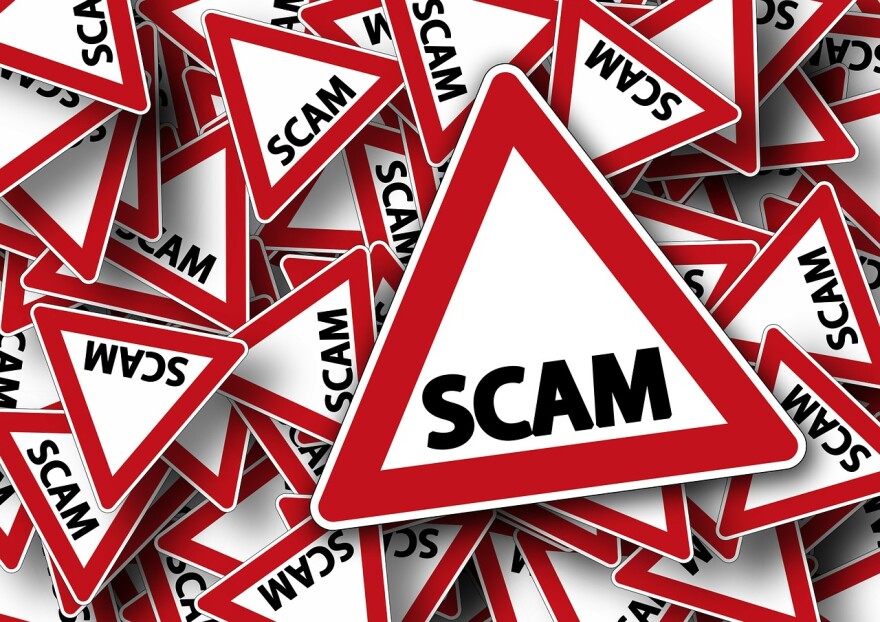
There are several signs that indicate you might be dealing with a scammer, and several steps you can take to protect yourself and others.
Criminals and con artists use many scams to target unsuspecting people—of all ages—who have access to money. Consumer scams happen on the phone, through the mail, e-mail, or over the internet. They can occur in person, at home, or at a business.
Warning signs include contact from someone:
-Claiming to be from the government, a bank, a business, or a family member, and asking you to pay money.
-Asking you to pay money or taxes upfront to receive a prize or a gift.
-Asking you to wire them money, send cryptocurrency, send money by courier, send money over a payment app, or put money on a prepaid card or gift card and send it to them or give them the numbers on the card.
-Asking for access to your money-such as your ATM cards, bank accounts, credit cards, cryptocurrency wallet keys or access codes, or investment accounts.
-Pressuring you to “act now” or else the deal will go away, or trying hard to give you a “great deal” without time to answer your questions.
-Creating a sense of urgency or emergency to play on your emotions.
-Don’t share numbers or passwords for accounts, credit cards, or Social Security.
-Never pay up front for a promised prize. It’s a scam if you are told that you must pay fees or taxes to receive a prize or other financial windfall.
-After hearing a sales pitch, take time to compare prices. Ask for information in writing and read it carefully.
-Too good to be true? Ask yourself why someone is trying so hard to give you a “great deal.” If it sounds too good to be true, it probably is.
-Watch out for deals that are only “good today” and that pressure you to act quickly. Walk away from high-pressure sales tactics that don’t allow you time to read a contract or get legal advice before signing. Also, don’t fall for the sales pitch that says you need to pay immediately, for example by wiring the money, sending it by courier or over a payment app, or by sending cryptocurrency.
-Beware when someone plays on your emotions or claims there’s an urgent situation. Advances in artificial intelligence make it easier for scammers to clone voices and alter images to make it seem like someone you know needs help. Contact the person yourself to verify the story. Use contact information you know is theirs. If you can’t reach them, try to get in touch with them through another trusted person, like a family member or their friends.
-Don’t click on links or scan QR codes. These can take you to scammers’ malicious websites or give them access to your device.
-Put your number on the National Do Not Call Registry. Go to www.donotcall.gov or call (888) 382-1222.